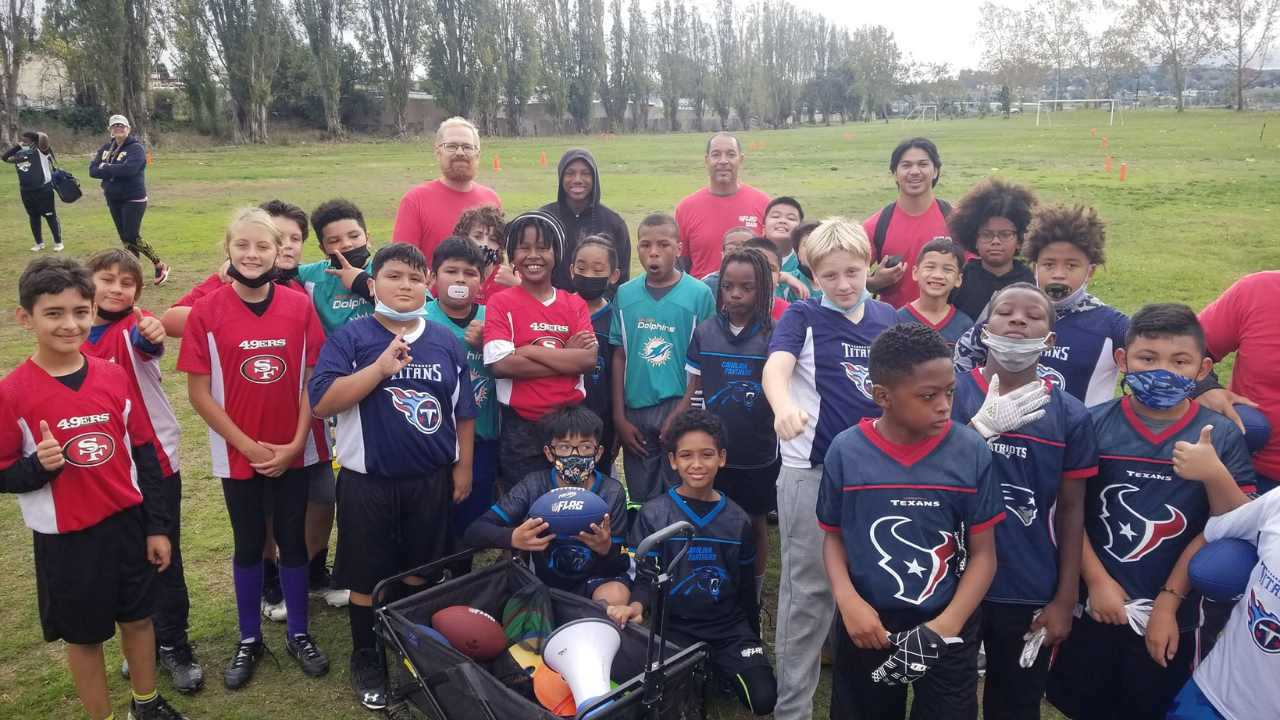5 Key Predictors of Coach Retention
How to keep ‘em coming back
Sue Pierce
| 3 min read

Canva
Coaching is one of the most important — if not the most important — roles in youth sports. A coach can make (or break!) a child’s experience and great coaches inspire them to play season after season. Every league administrator knows that finding good coaches is challenging. Keeping them is crucial.
Why is retention so important? It takes time, energy and resources to get new coaches up to speed. A league that retains a significant percentage of their coaches each year is going to be ahead of the game at the start of the season.
This isn’t just hearsay — it’s science. Researchers have focused on the best practices of youth coach retention, because it’s so crucial to the overall health of the youth sports ecosystem. Here are five things that, experts say, keep coaches coaching year after year.
It’s fun.
Get this… people do things they enjoy. Enjoyment was one of the top four reasons people continued coaching, according to one study. Seems like common sense, right? But too often an unhealthy level of competition takes over youth sports.
Leagues that focus on fun know what’s up. They’re more likely to have an easier time retaining their coaches — and kids are more likely to sign up for next season, too.
They’re learning.
Again and again, studies show that training sessions and clinics specifically geared toward coaches are extremely beneficial for retention. Not only do volunteers like the support and guidance, they are better set up to have a successful season — success and achievement being a key factor in why coaches come back.
Keep in mind that success doesn’t necessarily mean taking home the championship trophy. Getting a team of big personalities to gel or watching a play get executed perfectly after many practices are often all the success a coach needs.
They have a mentor.
Multiple studies showed that mentoring can be key for coach development. Coaches tend to stay when they are given support for dealing with stressful situations. Spread out your league’s wealth of knowledge by pairing veteran coaches with newcomers.
The leadership is strong.
Another Australian study showed just how important the league administration is in retaining coaches. In fact, poor administration made the top of the list for reasons why people stopped coaching. Administrations that were democratic and fair and gave their coaches support and recognition found themselves in a good spot at the beginning of each season.
And no surprise here, good communication was at the top of the list for administrations that had success in retaining coaches. Researchers stressed that “communication is at the heart of a successful coaching community.” Frequent, clear communication and a channel that’s open both ways makes for a healthy league.
There’s help.
Studies also highlight the value of a team parent. Coaches liked the buffer this volunteer role can provide between the parents and the coach. Team parents can help disseminate information and answer logistical questions while coaches can focus on running fun practices. In general, support from parents added to the satisfaction level of coaches.




